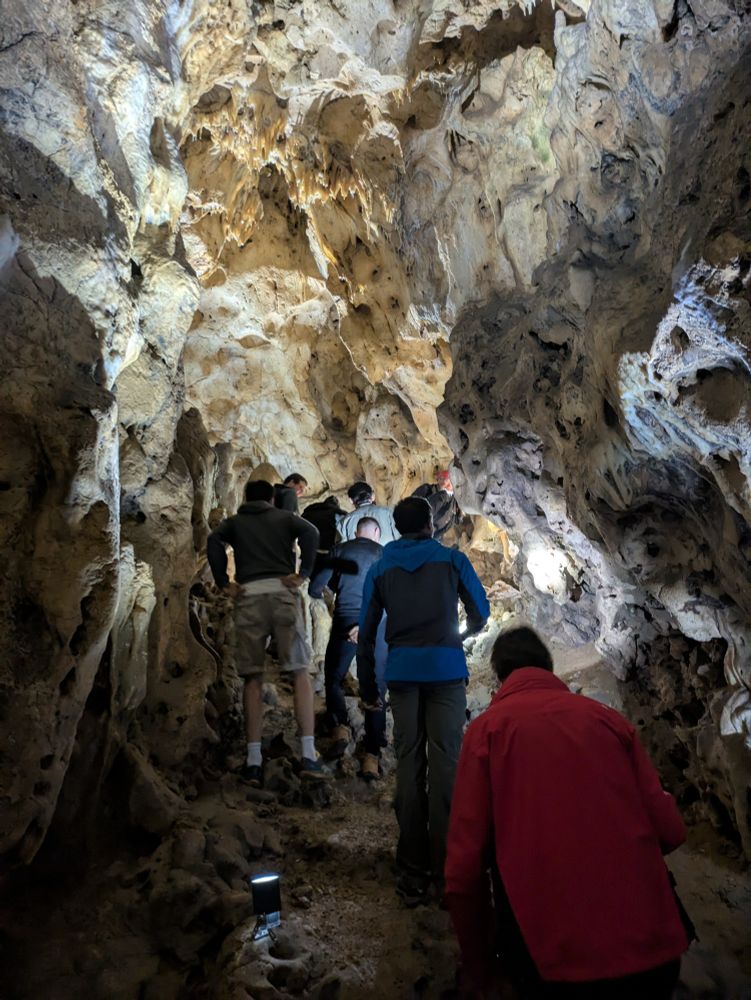Geogenomic Archaeology Campus Tübingen
@leibnizcampusgact.bsky.social
18 followers
13 following
15 posts
GACT is a multidisciplinary LeibnizScience Campus in Tübingen that brings together scientists with the goal of using ancient DNA recovered from archaeological deposits to investigate human interaction with, and impact on, past (cave) ecosystems.
Posts
Media
Videos
Starter Packs
Pinned
Reposted by Geogenomic Archaeology Campus Tübingen






















